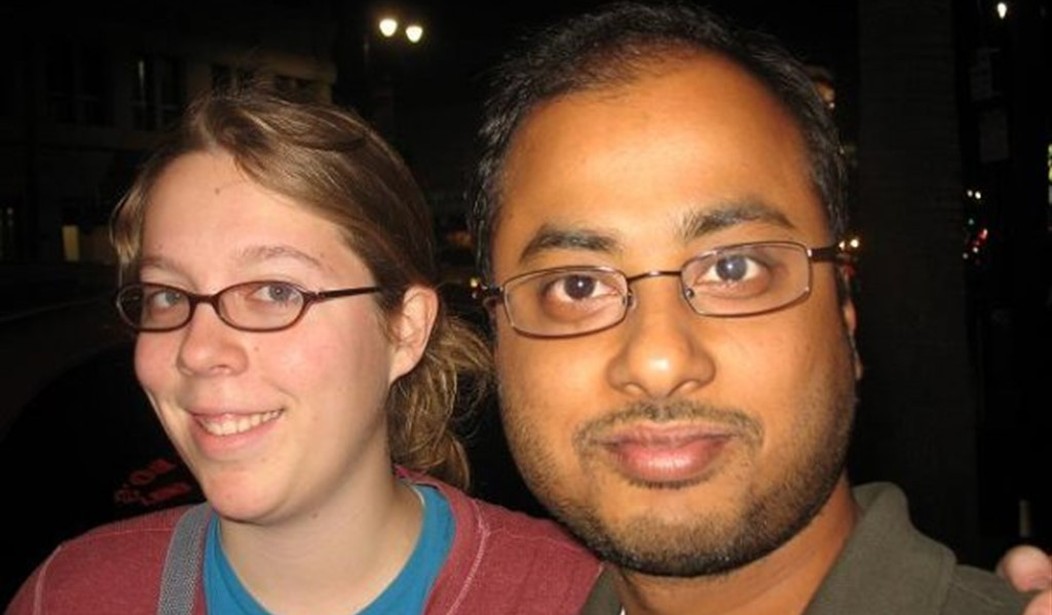Whenever a shooting event, like the murder-suicide at UCLA, gains national notoriety, there is much wailing and gnashing of teeth over “our” alleged failure to deal adequately with issues of “mental health.” Tragically, it is the rarest of figures who dares to challenge this consensus. But challenge it we must, for as innocuous as the term sounds, “mental health” is fraught with philosophically problematic assumptions and implications.
First, the sole reason for concluding that, say, Mainak Sarkar, the UCLA gunman, is “mentally ill” is that he became a murderer. Yet this in turn logically implies that anyone who murders is “mentally ill.” However, if the latter is true, then this means that such 20th century genocidal killers as Hitler, Stalin, and Mao; infamous mobsters like Al Capone, John Gotti, and James “Whitey” Bulger; those members of the KKK who terrorized and murdered blacks; homicidal inner city gangbangers; and members of ISIS are all “mentally ill.”
Yet these classes of killers are never described as “mentally ill” by those who can’t resist labeling as such school shooters and the like. This is because the former belong to different political-moral templates: “ideology,” “racism,” “power,” “greed,” “oppression,” “extremism,” and the like.
Second, the only reason for regarding as “ill” one who acts murderously or violently is the metaphysically dubious supposition that humans are, by nature, essentially good. This is an article of faith, a normative theory that, unlike, say, the Christian doctrine of Original Sin, flies in the face of the history of the human species. Indeed, this vision of humanity is so counterfactual that we’d be far more justified in endorsing the judgment of Dr. Sawyer, the miserable psychiatrist from Miracle on 34th Street, that it is those who seek to do good who are “mentally ill” (or “maniacal,” as he put it).
Third, if murderers are “mentally ill,” then rapists, armed robbers, and violent-doers of all sorts must be as well. In all fairness, the “mental health” enthusiasts don’t deny this. In fact, as far as they’re concerned, “mental illness” extends well beyond violence to explain even those select thoughts and feelings that the “experts” assure us are a function of bad health.
Recommended
Fourth, as the late, prolific psychiatrist Thomas Szasz never tired of informing audiences, though the judgments of psychologists and psychiatrists are cloaked in medical terminology, this is just a veneer designed to mask moral judgments. Yet the latter, even when they are negative, are consonant with human dignity, the dignity that derives from the uniquely human ability to make choices.
In stark contrast, to explain away a person’s thoughts, feelings, and actions in terms of sickness most definitely is an attack against one’s dignity as a person. In giving up the language of morality—a language that pertains uniquely to persons, to subjects or rational beings—to explain human conduct in favor of the language of science, an idiom the subject matter of which consists of objects, human beings are reduced to things. Persons under the aspect of science, even if it is pseudo-science, are no longer persons but animal bipeds. They are no longer agents or actors exercising intelligence but fields within which impersonal forces or processes operate.
Fifth, once human agency and, hence, human dignity has been pushed aside—once it’s been declared by the “experts” that a person is “sick”—than there is no limit to the indignities that could be visited upon that person in the name of either “healing” him or, quite possibly, ending his “suffering.”
In other words, the principle of reciprocity or proportionality—a moral concept—places a line between the permissible and impermissible in distributing retributive justice. Yet this principle has no place within the contexts of “mental illness” and “treatment.”
Finally, since “mental health” and “evil” belong to two, entirely distinct universes of discourse, those who insist upon describing college campus, elementary school, and movie theater killers as “sick” or “mentally ill” are no more justified in regarding them as “evil” than they would be if they described cancer patients as evil. Not only are such folks not evil; not unlike the victims of cancer, they deserve our pity, our compassion.
Conversely, if we insist that these murderers are evil, then we must resist all attempts to label them “mentally ill.”
We can’t have it both ways.

























Join the conversation as a VIP Member